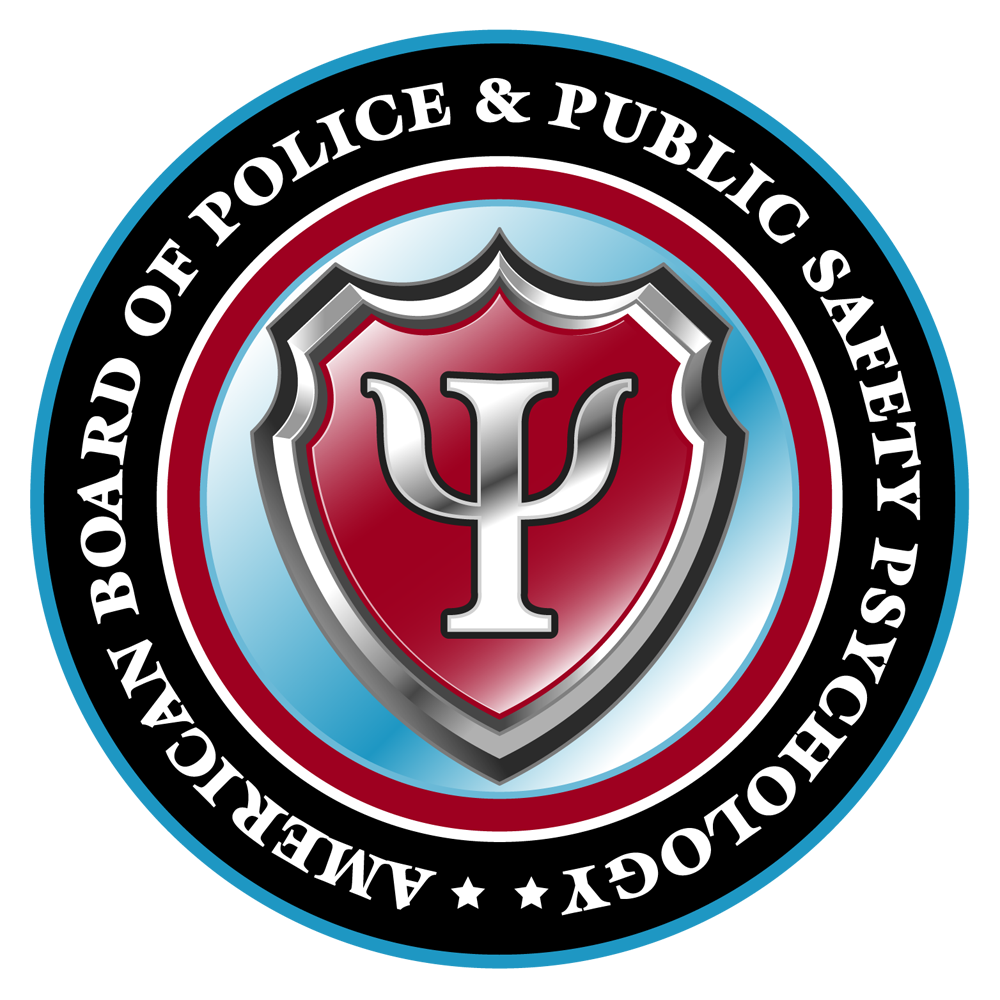7 hours | 7 CEs
This on-demand professional training program on Critical Incident Response in Police and Public Safety Psychology is presented by Nancy K. Bohl-Penrod, PhD and Jaime Brower, PsyD, ABPP, in partnership with the American Board of Police and Public Safety Psychology (ABPPSP).
Police and public safety responders, or “emergency responders,” as the name implies, are often faced with events involving serious threats or losses that may be outside the range of regular activity. The reactions to these events may elicit an intense emotional reaction, may require immense coping skills, and may be considered “traumatic.” Some of the events that may produce this type of response may include line-of-duty deaths or serious injuries, officer-involved shootings, calls involving child injury or death, and others where our responders felt helpless or unable to offer “enough” support. Moreover, those who experience post-incident emotions such as guilt and second-guessing, and fear of punishment/consequence may also experience significant distress, though not “traumatic” in nature, which can also cause considerable pain for the responder and their families.
This program covers these topics and delves into immediate, short-and, long-term, and family reactions to these types of events. This program describes the various responses and interventions most utilized by police and public safety psychologists following critical incidents.

Intended Audience
This on-demand professional training program is intended for mental health and other allied professionals

Experience Level
This on-demand professional training program is appropriate for beginner, intermediate, and advanced level clinicians.

CE / CPD Credit
APA, ASWB, CPA, NBCC Click here for state and other regional board approvals.
Learning Objectives
Upon completion of this program you will be able to:

Describe the various types of events that may be considered “critical.”

Describe general police and public safety experience during and following a critical event

Describe the primary points and recommendations in The Office Involved Shooting Guidelines, developed by The Police Psychological Services Section of the International Association of Chiefs of Police (PPSS/IACP)

Describe the various impacts that involvement in critical events may have on a responder’s family

Describe multiple post-critical incident interventions

Curriculum
1. Introduction
2. Agency Prep & Response
3. Officer-Involved Shootings
4. Major Critical Incidents
5. Impact on Family
6. Family-Personal Wellness
7. IACP Guidelines
8. CISM Interventions
Develop a Specialty Area of Practice
Transforming mental health professionals into experts
Expert Instructors
Professional training developed and delivered by the field's leading experts

CE Credit
Earn CE credit for meaningful professional training that will elevate your practice
Convenience & Flexibility
Learn at your own pace, from wherever you might be!
Program Partner
American Board of Police and Public Safety Psychology (ABPPSP)
We are proud to partner with The American Board of Police and Public Safety Psychology (ABPPSP) for this training. ABPPSP became a fully affiliated specialty board of the American Board of Professional Psychology (ABPP) on October 21, 2011. Police and Public Safety Psychology is concerned with assisting law enforcement and other public safety personnel and agencies in carrying out their missions and societal functions with optimal effectiveness, safety, health, and conformity to laws and ethics. It consists of the application of the science and profession of psychology in four primary domains of practice: assessment, clinical intervention, operational support, and organizational consultation.

CE Sponsorship Information
Palo Alto University, Continuing and Professional Studies (CONCEPT) is approved by the American Psychological Association to sponsor continuing education for psychologists. Palo Alto University, Continuing and Professional Studies (CONCEPT) maintains responsibility for this program and its content. Palo Alto University, Continuing and Professional Studies (CONCEPT) is approved by the Canadian Psychological Association to offer continuing education for psychologists. Palo Alto University, Continuing and Professional Studies (CONCEPT), SW CPE is recognized by the New York State Education Department’s State Board for Social Work as an approved provider of continuing education for licensed social workers #SW-0356 and the New York State Education Department’s State Board for Mental Health Practitioners as an approved provider of continuing education for licensed mental health counselors. #MHC-0073. Palo Alto University, Continuing and Professional Studies (CONCEPT) has been approved by NBCC as an Approved Continuing Education Provider, ACEP No. 6811. Programs that do not qualify for NBCC credit are clearly identified. CONCEPT Professional Training, #1480, is approved to offer social work continuing education by the Association of Social Work Boards (ASWB) Approved Continuing Education (ACE) program. Organizations, not individual courses, are approved as ACE providers. State and provincial regulatory boards have the final authority to determine whether an individual course may be accepted for continuing education credit. CONCEPT Professional Training maintains responsibility for this course. ACE provider approval period: 11/22/23-11/22/26. Social workers completing this course receive (clinical or social work ethics) continuing education credits.



